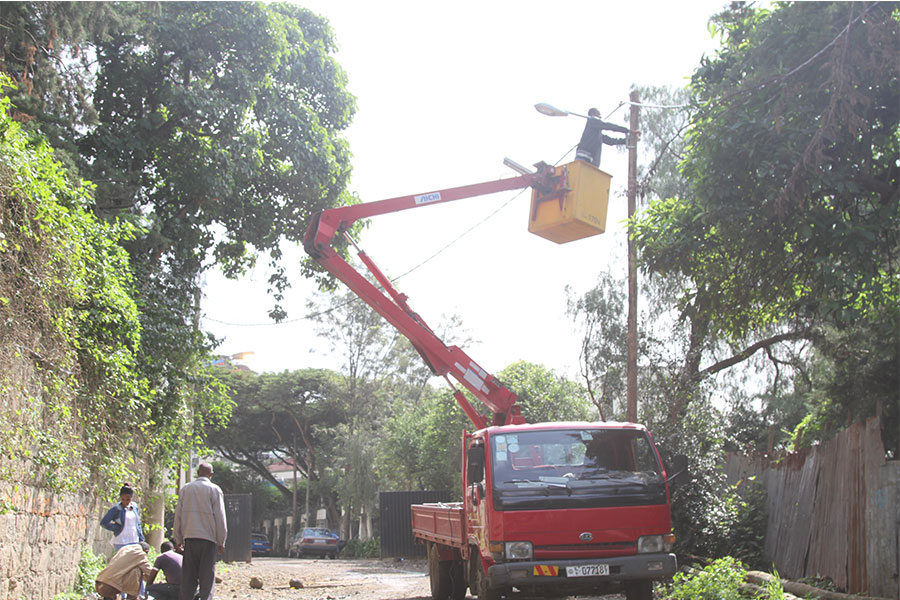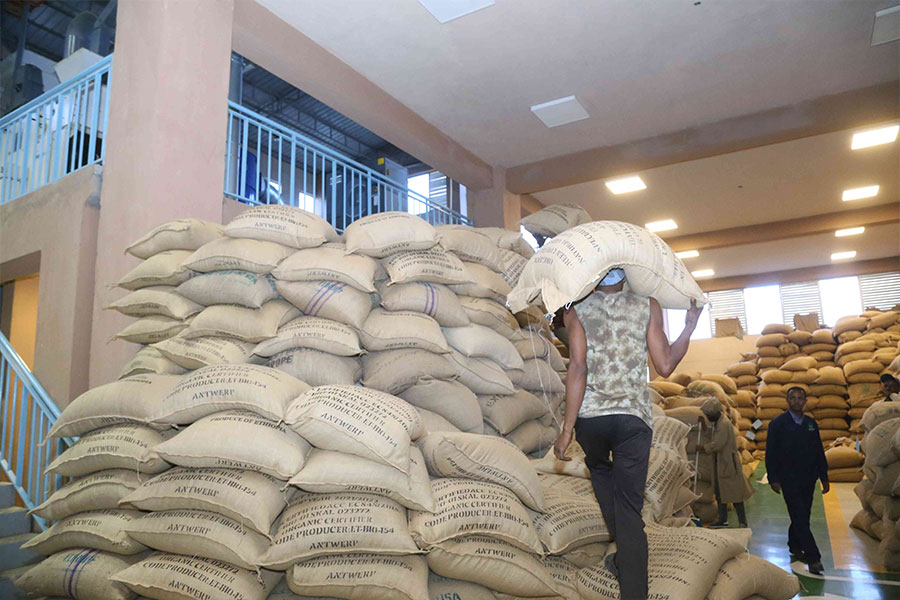
Radar | Jul 06,2019
A good friend of mine has an Italian restaurant. If for some reason her employees leave her, all of them including the concierge are in high demand. Her dedication to the work – her continuous visibility in the restaurant’s active hours, insistence on high standards – is somewhat legendary, and it has rubbed off on her employees.
But nothing is as evident to anyone who walks into the restaurant as the currency put into cleanliness. It is a culture that involves making cleaning part of the staff’s daily routine to ensure that surfaces, equipment, waste and the premises are clean, hygienic and clutter-free. Government health inspectors sudden visits to the restaurant are very welcome and eagerly awaited.
I have another friend as well, this one without a restaurant but a kitchen and time well spent studying the art of cuisine. Her proficiency of handling food both on and off fire, detailed familiarity with food’s pillar ingredients, the ease and energy with which she handles kitchen work with a palpable presence to a large number of people is not only amazing. This passion for food preparation is reflected in the flavour of the food she makes as well.
An early riser, the speed with which she handles slow-motion gourmet Ethiopian cooking and the way she presents it to her family and guests startle me.
Just as impressive is the attentiveness with which she leaves everything clean and orderly, as though nothing had happened. In fact, this near obsessive compulsion with cleaning and order makes her too demanding, resulting in a high turnover of domestic workers in her household. It is a continuous firing and hiring, a ceaseless search for the right person month in, month out, without any end in sight.
A noticeable trend here is that cleanliness is closely connected with hard work. Attention to detail, persistence in carrying out tasks, and clarity of mind that allows perceptiveness seem to be necessary. It is a behavioural mode that informs how we carry out most of our tasks.
This is true of our choice in home and pressingly in our work environments. In actual fact, the routine is work itself. For others, the monotony may be unbearable; but for a few, it is a training format that becomes a daily obsession.
The fact that this does not happen often is clear all across our streets. Just last week, I tooled around Arada. One thing I was so amazed by was the use of face masks. Men and women while walking, in the transport queues and travelling inside vehicles are consistently wearing masks.
Unfortunately, this laudable trend is broken when it comes to our waste collection. Separation of waste looks as though it is a luxury everyone ill affords. It is not on the radar of households and businesses that waste should be separated between renewables and non-renewables. Worse enough, there does not seem to be much effort to create awareness about this, nor even to recognise it as a problem.
Not only from the perspective of the Novel Coronavirus (COVID-19) pandemic, it is absolutely unacceptable to see those employed in waste collection forage through a rubbish spot teeming with all sorts of microbials.
Unwelcoming scenes from dry waste, oozing with plastic bottles, food waste and sticky liquids is not unique to Addis Abeba. It is a sight that could be avoided in part by the simple act of waste sorting.
Our struggle against COVID-19 is as strong as our weakest link. The waste bag collecting spots are, if not the only point, an important one where a lot of vigilance is necessary. In any work setting, minimum on-the-job training or work-related instruction that prepares workers to perform such tasks with respect to waste collection is necessary.
This includes instructions mandated by law to ensure that the setting’s staff are instructed and notified concerning the hazards of their respective occupations and the precautions necessary to avoid accidents and injuries to their health.
What then is the purpose of keeping our kitchens clean or sanitising our homes if the streets and neighbourhoods are left to their own fate?
This takes a concerted effort to create widespread awareness. It takes having to converse with those close to us beyond the TV ads and radio announcements. It has to be with members of our family, employees and neighbours to help them have the attitude to keep, so to speak, their kitchens clean. There needs to be an understanding that hygiene is more than a task.
PUBLISHED ON
Oct 31,2020 [ VOL
21 , NO
1070]


Radar | Jul 06,2019

Exclusive Interviews | Apr 19,2025

Agenda | Apr 20,2019

View From Arada | Apr 13,2019

Fortune News | Aug 26,2023

Featured | Dec 19,2018

Commentaries | Mar 26,2022

Featured | Sep 14,2025

Featured | May 11,2019

View From Arada | Apr 20,2025

Dec 22 , 2024 . By TIZITA SHEWAFERAW
Charged with transforming colossal state-owned enterprises into modern and competitiv...

Aug 18 , 2024 . By AKSAH ITALO
Although predictable Yonas Zerihun's job in the ride-hailing service is not immune to...

Jul 28 , 2024 . By TIZITA SHEWAFERAW
Unhabitual, perhaps too many, Samuel Gebreyohannes, 38, used to occasionally enjoy a couple of beers at breakfast. However, he recently swit...

Jul 13 , 2024 . By AKSAH ITALO
Investors who rely on tractors, trucks, and field vehicles for commuting, transporting commodities, and f...

Oct 25 , 2025
The regulatory machinery is on overdrive. In only two years, no fewer than 35 new pro...

Oct 18 , 2025
The political establishment, notably the ruling party and its top brass, has become p...

Oct 11 , 2025
Ladislas Farago, a roving Associated Press (AP) correspondent, arrived in Ethiopia in...

Oct 4 , 2025
Eyob Tekalegn (PhD) had been in the Governor's chair for only weeks when, on Septembe...